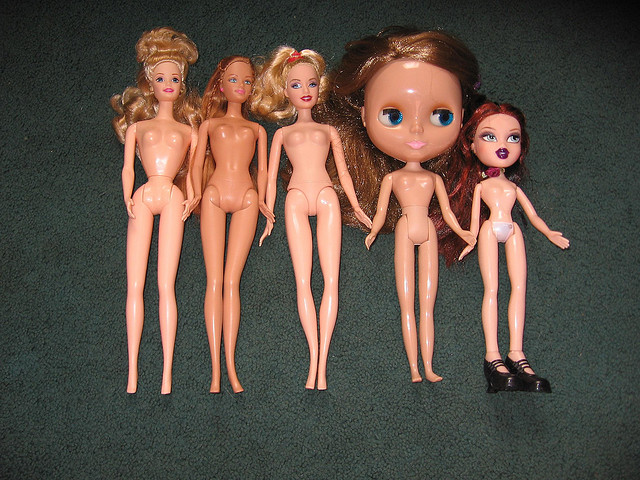 “You remember to get your bony butt out here more often!” she shouted behind the counter as I pushed the door open, waving goodbye and carrying out my box of fresh donuts.
“You remember to get your bony butt out here more often!” she shouted behind the counter as I pushed the door open, waving goodbye and carrying out my box of fresh donuts.
Whenever I have the time to enjoy a cup of tea at one of my favorite coffee shops, I also stop in to a good old-fashioned donut store. The kind of a store that seems to be heading for a sad extinction, as health and wellness pushes aside such childhood sweet pleasures.
As I enter the shop, the smell brings me back to autumn weekends when I was young. Our neighbors would bake delicious cider donuts to celebrate the beauty of fall leaves at their fullest.
Childhood allowed so many of us to eat and be in our bodies from the inside out. Concerns about looks and body size were not an ingredient.
Over the last couple of years I have become friendly with the kind woman behind my favourite donut shop. But it isn’t just chitchat, we have built a trust that allows us to talk about a deeply vulnerable issue for many which is our weight.
One day she asked, “How come you’re so tiny, if you eat these donuts?”
I smiled and explained, “I eat them very, very, slowly, I share, and they freeze well.”
Having an eating disorder history means we must be forever diligent not to fall back into old patterns of compulsive under-eating. The patterns do push-ups and stay strong, always ready to rush in under high stress.
The timeless donut is a reminder of the pleasure of indulgence without guilt or shame—even beyond what we place on our plate.
“I’m the other way. I can’t keep my mouth stapled shut…just look at me!” she smiled.
Her struggle with compulsive overeating exacerbates her COPD (Chronic obstructive pulmonary disease.) Her green oxygen tank rolling by her side is a visible reminder next to the cases of sprinkled donuts and fritters. We understand each other even if our bodies may look very different.
On one of my visits, as she handed me my change, I handed her a lovely book about mindful eating and learning to nurture our bodies and soul. It was a different kind of tip—woman to woman.
Honest sharing is a liberating force in recovery, boldly combatting shame about one’s journey and imperfections.
“Progress not perfection,” is a beautiful mantra.
It is in accepting imperfections in recovery, without judgment, that strengthens one’s ability to keep growing. Self-criticism robs us of the fortitude to fight the demons of yesterday.
The decadent donut has become a teacher.
Seeing through the hole I am reminded to taste the sweetness of life and not to deny or judge harshly. These brief moments with the allow me to see myself in her and she in me. We all need to feel we are “good enough” to provide ourselves with enough—not too much, not too little.
I like to share the tools that have saved so many of us in recovery—journaling, spirituality, mindfulness, and meditation. We talk about the craziness of FSL (food as a second language) vs. ESL (English as a second language).
Instead of the inevitability of pain and sorrow, words and feelings become buried by the food. She often looks at me cockeyed, wondering about some of these ideas, but she smiles and listens as I try to worry less about her serious health issues.
On my most recent visit, she shared in a hushed tone, “I get so frustrated some days, I know this weight is so bad for my health, but I have to keep trying!”
“I’m going to hold you in my meditation,” I comfort, as she thanks me with a smile. This time when I pay I hand her an extra dollar not for the tip jar, but to bring home to her kitchen as a reminder I am with her all the way.
And when I enjoy my donut at my own table, it is glazed with her kindness and understanding.
It is our dependency on others instead of our dependency on food that is a precious ingredient in recovery.
When I see through the donut hole, I will forever be reminded of the simple wisdom of a child playing in the leaves who knew how to nurture from the inside out.
Relephant read:
5 Steps to Healing Your Relationship with Your Body.
Author: Priscilla Dann-Courtney
Apprentice Editor: Lois Person / Editor: Sara Kärpänen
Photo: Susan402 / Flickr
Featured photo: Jacob Haas / Flickr






Read 1 comment and reply